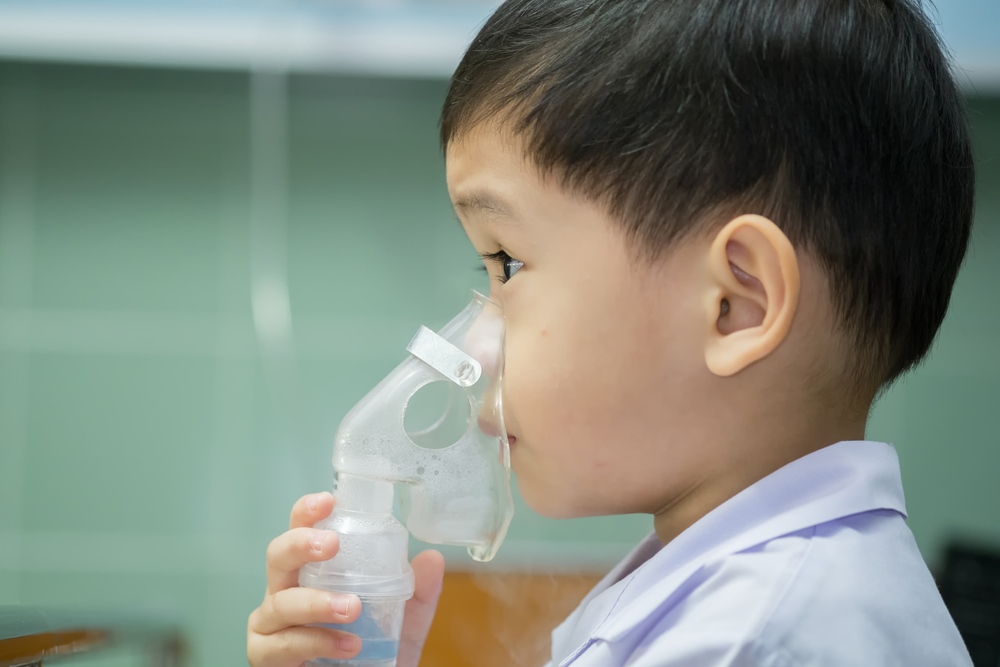Results from a recently released study show that children who are considered clinically to be poor metabolizers of the enzyme CYP2C19 have lowered asthma control after six months of lansoprazole (prevacid) treatment. The study, entitled, “Lansoprazole is Associated with Worsening Asthma Control in Children with the CYP2C19 Poor Metabolizer Phenotype,” was published in the April 6 on-line edition of the Annals of the American Thoracic Society.
Background Terminology:
- Proton-Pump Inhibitors (PPIs): these medications are used often to treat acid-reflux because they reduce the production of acid in the stomach, which results in a decrease of acid going back into the esophagus.
- CYP2C19: one of the body’s enzymes that is involved in the metabolism of PPIs.
- Phenotype: the set of observable characteristics of an individual resulting from the interaction of their genetic make-up with the environment.
About the Study:
This study was conducted by researchers at the Asthma Clinical Research Center (ACRC) at Nemours Children’s Clinic, part of the University of Florida, and was led by Jason E. Lang, MD, MPH, with the objective of determining how metabolizer phenotype based on genetic analysis of CYP2C19 affects asthma control among children treated with a PPI.
The researchers utilized the Asthma Control Questionnaire (ACQ) to measure asthma control in children who participated in a 6-month clinical trial of lansoprazole treatment. The participants were divided into different groups based on treatment that included:
- placebo-treated
- lansoprazole-treated extensive metabolizers (EM)
- lansoprazole-treated poor metabolizers (PM)
[adrotate group=”11″]
The primary study finding was that over the 6 month period across all the treatment groups asthma control was unaffected by lansoprazole exposure or metabolizer phenotype. Other findings included:
- At 6 months, PMs displayed significantly worsened asthma control compared to EM and placebo-treated children.
- Differences in asthma control were not associated with changes in gastro-esophageal reflux symptoms.
- Recent upper respiratory infection worsened asthma control and this effect may be more pronounced among lansoprazole-treated poor metabolizers.
These results add to the body of knowledge that the ACRC previously published showing that “children with poorly controlled asthma without symptoms of acid-reflux who were using inhaled corticosteroids, the addition of lansoprazole, compared with placebo, improved neither symptoms nor lung function but was associated with increased adverse events.”

